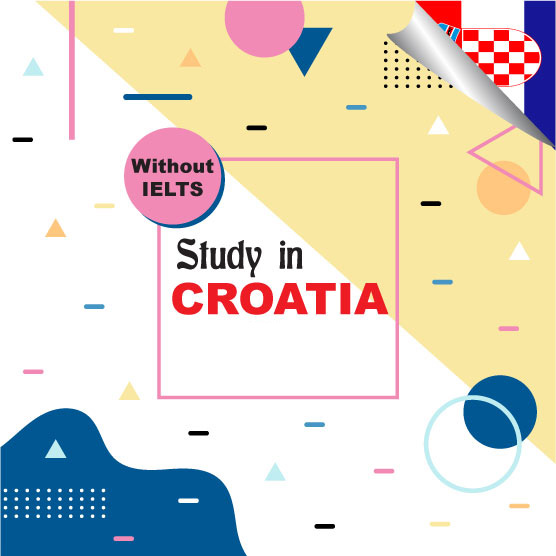Study Abroad
Study in Croatia
Bulgaria’s universities are known for their dynamic approach to learning, offering diverse programs that meet international standards and prepare students for success in a globalized world.
Here’s why Croatia is an excellent choice for international students:
- Student-Friendly Environment: Croatia offers vibrant, student-friendly cities like Zagreb and Split, known for their warm hospitality, rich cultural scenes, and affordable cost of living, providing a comfortable environment for international students.
- Diverse International Community: Croatia attracts students from across the globe with its multicultural atmosphere and welcoming environment, making it a great place for cross-cultural experiences and learning.
- Emerging Academic Excellence: Universities in Croatia are steadily gaining recognition for their academic programs and research efforts. Many institutions focus on innovative teaching methods and have growing connections with various industries.

Programs and Their Duration in Croatia
Here are the programs that universities in Croatia offer:
| Qualification | Duration | Post-Graduation Work Rights |
|---|---|---|
| Undergraduate Degrees (such as BA, B.Sc.) | 3-4 years | Up to 1 year |
| Integrated Programs (combining bachelor’s and master’s studies) | 5-6 years | Up to 1 year |
| Taught Masters (such as MA, M.Sc., MBA) | 1-2 years | Up to 1 year |
| Research Masters (such as MPhil, MSc by Research) | 2 years | Up to 1 year |
| Doctoral Degrees (such as PhD) | 3-4 years | Up to 1 year |
This format provides an overview of typical program durations and post-graduation work rights, helping students understand their options for working in Croatia after completing their studies.
Cost of Living in Croatia
The cost of living in Croatia varies by city. On average, students can expect to spend between €400 and €800 per month. Major cities like Zagreb and Split are generally at the higher end of this range, while living expenses in smaller towns and rural areas tend to be more affordable. This budget typically covers accommodation, food, transportation, and other daily expenses, making Croatia a reasonably priced choice for international students.
Academic Intake to Study in Croatia
Universities and colleges in Croatia typically offer two main academic intakes, commonly referred to as semesters. The two intakes available in Croatia are:
| Intake | Start Date |
|---|---|
| Winter Intake | October |
| Summer Intake | February |
This format provides an overview of the start dates for each intake, helping students plan their applications and academic timelines effectively.







